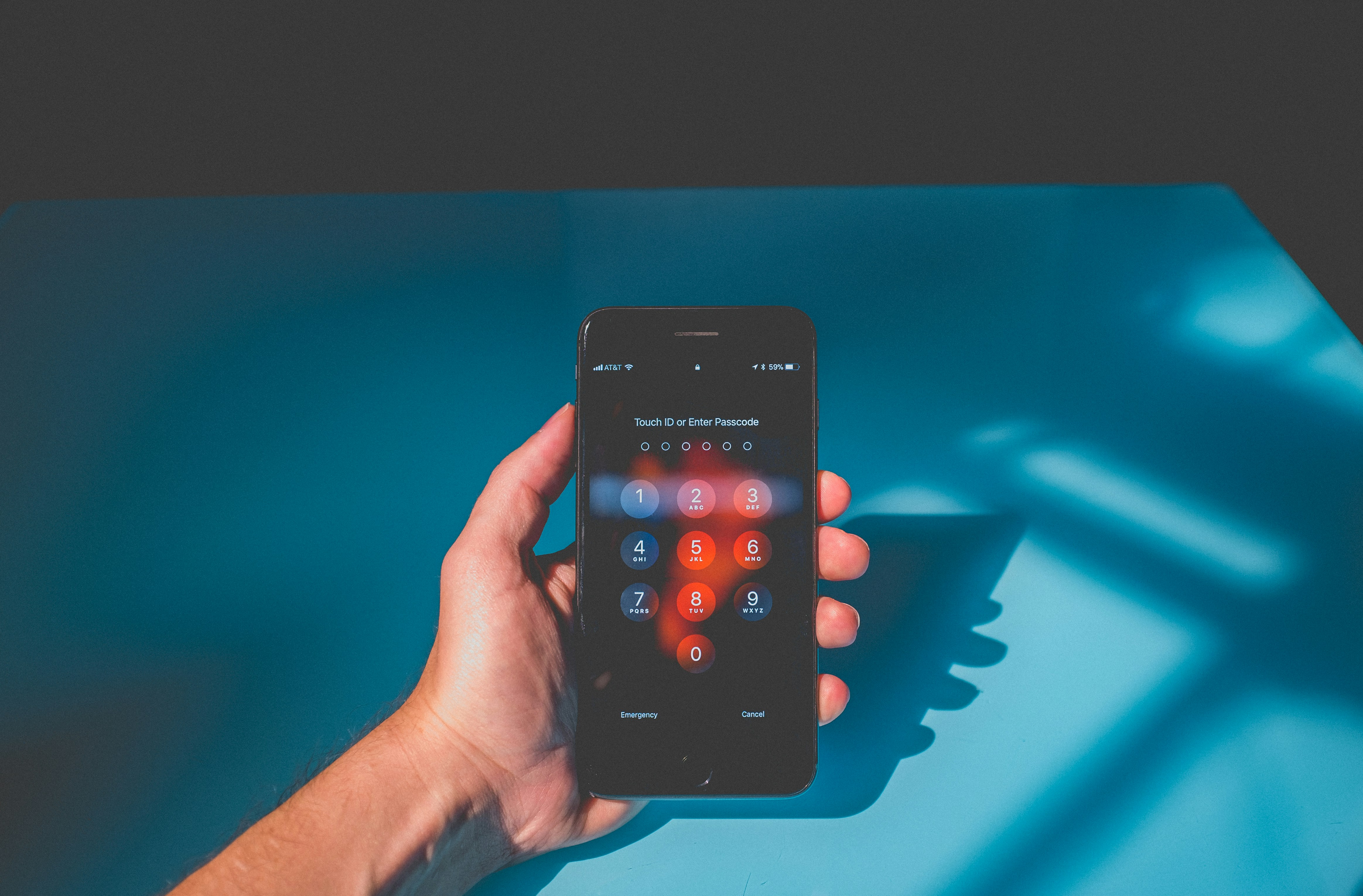The Critical Importance of Personal Data: Safeguarding Your Digital Identity

In an era defined by digital connectivity and ubiquitous online interactions, personal data has emerged as one of the most valuable commodities in the modern world. From social media profiles to online shopping habits, individuals generate vast amounts of data on a daily basis. In this blog, we explore the significance of personal data, its implications for privacy and security, and the measures individuals can take to safeguard their digital identities.
The Value of Personal Data
Personal data encompasses a wide range of information that identifies or can be used to identify an individual, including but not limited to Name and contact details, Date of birth, Social security number, Financial information, Health records, Online browsing history, Social media activity and Location data.
This wealth of information is highly sought after by various entities, including corporations, advertisers, government agencies, and cybercriminals. Personal data fuels targeted advertising campaigns, informs business decisions, facilitates personalized user experiences, and underpins numerous online services and platforms. However, the value of personal data extends beyond commercial interests—it is intrinsically tied to individual privacy, autonomy, and security.
Implications for Privacy and Security
The widespread collection, storage, and analysis of personal data raise significant concerns regarding privacy and security. Unauthorized access to personal data can lead to a range of adverse consequences, including:
-
Identity Theft
Cybercriminals may use stolen personal data to impersonate individuals, commit financial fraud, or gain unauthorized access to online accounts and services.
-
Data Breaches
Organizations that collect and store personal data are prime targets for cyberattacks. Data breaches can result in the exposure of sensitive information, such as passwords, credit card numbers, and social security numbers, compromising individuals' privacy and security.
-
Surveillance and Monitoring
Governments and other entities may engage in mass surveillance and monitoring activities, collecting personal data en masse for intelligence-gathering purposes. This erosion of privacy rights raises concerns about civil liberties and individual freedoms.
-
Social Engineering Attacks
Cybercriminals often leverage personal data obtained from social media profiles and other online sources to conduct targeted social engineering attacks, such as phishing and pretexting, exploiting individuals' trust and familiarity to manipulate them into disclosing sensitive information or performing malicious actions.
Safeguarding Your Digital Identity
In light of these risks, it is imperative for individuals to take proactive steps to safeguard their personal data and protect their digital identities. Here are some essential measures to consider:
-
Strong Passwords and Authentication
Use complex, unique passwords for each online account, and enable multi-factor authentication (MFA) wherever possible to add an extra layer of security.
-
Privacy Settings
Review and adjust privacy settings on social media platforms, web browsers, and other online services to limit the amount of personal information shared with third parties.
-
Data Minimization
Be mindful of the information you share online and avoid oversharing unnecessary personal details. Consider the potential consequences before posting sensitive information on social media or other public forums.
-
Security Awareness
Stay informed about common cybersecurity threats and best practices for staying safe online. Be cautious of unsolicited emails, messages, and requests for personal information, and verify the authenticity of unfamiliar websites and contacts.
-
Data Encryption and Secure Connections
Use encrypted communication channels, such as secure HTTPS connections, when transmitting sensitive information online. Consider using virtual private networks (VPNs) to encrypt internet traffic and enhance privacy.
-
Regular Updates and Security Software
Keep your devices, operating systems, and software applications up to date with the latest security patches and updates. Install reputable antivirus and anti-malware software to detect and prevent malicious threats.
-
Data Protection Regulations
Familiarize yourself with data protection regulations and privacy laws that govern the collection, use, and sharing of personal data. Exercise your rights under these regulations, such as the right to access, rectify, and delete personal information held by organizations.
In conclusion, personal data is a precious asset that demands careful protection and stewardship in an increasingly digital world. By adopting proactive security measures, maintaining awareness of potential risks, and advocating for privacy rights and data protection, individuals can empower themselves to safeguard their digital identities and preserve their privacy and security online. Remember: your data, your responsibility.